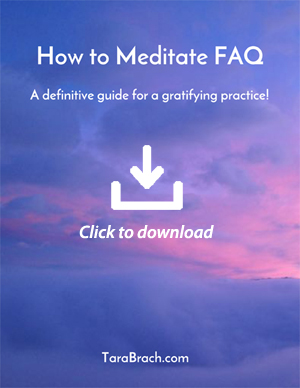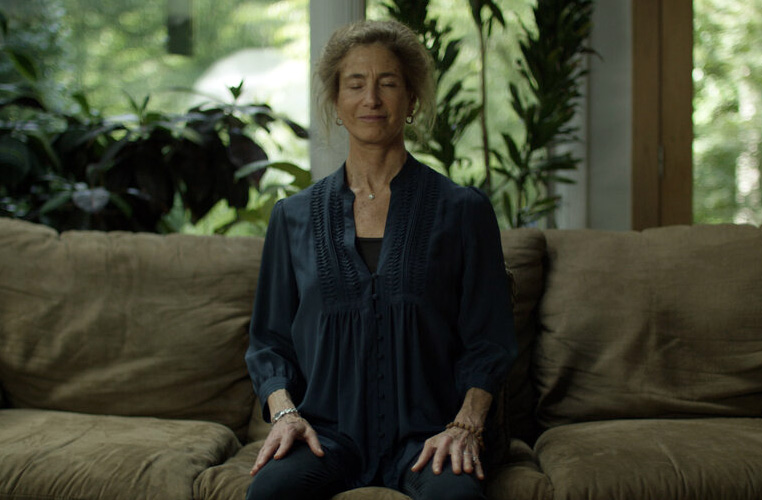Albert Einstein was said to have proclaimed that the most important question any of us can ever ask ourselves is: “Is this universe a friendly place?” It’s a powerful inquiry.
Another way to consider this question is: “Is there a fundamental goodness within humans?” Or, on a more personal level, you might ask yourself: “Do I trust that there is a fundamental, intrinsic goodness in my own being?”
In using the word “good,” I’m pointing to the original meaning of the word, which derives its definition from an Indo-European root that has to do with togetherness or gathering together, signifying in a very simple way a sense of belonging. According to the Buddhist teachings, it is out of a sense of belonging that we experience harmony, aliveness, and love—all of which are central to walking a spiritual path.
If when asking yourself this question you evaluate an egoic self, a personality who achieves and does good and bad things, your response will likely be shaky, and you’ll experience self-doubt.
Yet, if you can begin to sense that your identity is much larger than your small egoic self, you can begin to have confidence in that basic goodness, and learn to recognize your intimate belonging—to the web of aliveness, love, and awareness itself. This doesn’t mean that you need to deny your personality, or the different tendencies you have; it just means that you can begin to trust that intuitive part of yourself that knows yourself as part of something larger.
You might also consider the flipside of that question: “What happens when I experience myself as having some fundamental flaw? What happens if I sense some basic wrongness or ‘not okayness’ in myself, humans, and life?”
Einstein had this to say about that question: If we believe that the universe is an unfriendly place—that there’s some basic wrongness—then we will use our technology, scientific discoveries, and natural resources to create bigger walls to keep out the unfriendliness, and bigger weapons to destroy all that which is unfriendly.
Don’t we sometimes do the same thing in our own lives? For instance, when we’re living out of a very egoic stance, when we’re really caught up in feeling separate and afraid, we don’t trust that others will care, understand, or want to cooperate, and we get defensive. The problem is, the more we mistrust, the more we invest our energy into producing walls and weapons.
But what happens if, instead, we intuit the goodness that is more fundamental than our fears? To quote Einstein again, he said that if we decide that the universe is a friendly place—that our deepest inclinations are loving—then we will use our technology, scientific discoveries, and natural resources to create tools and models for understanding the universe.
Now, translate “universe” to us. We are an expression of the universe. If we decide to trust in our goodness, then we will use our own personal resources to begin to understand our workings, along with what motivates us. And what are the tools for this understanding? Meditative presence. By pausing and deepening our attention, we come home to the awareness and love which express our deepest Being. This is the realization that brings our trust into full bloom, and allows us to live from it.
To quote from the Tibetan teachings:
Oh, nobly born!
Oh, you of glorious origins,
Remember your radiant, true nature.
Remember the essence of mind.
Trust it.
Return to it.
Know it as home.
For more information visit: www.tarabrach.com
Photo Credit: Shell Fischer


